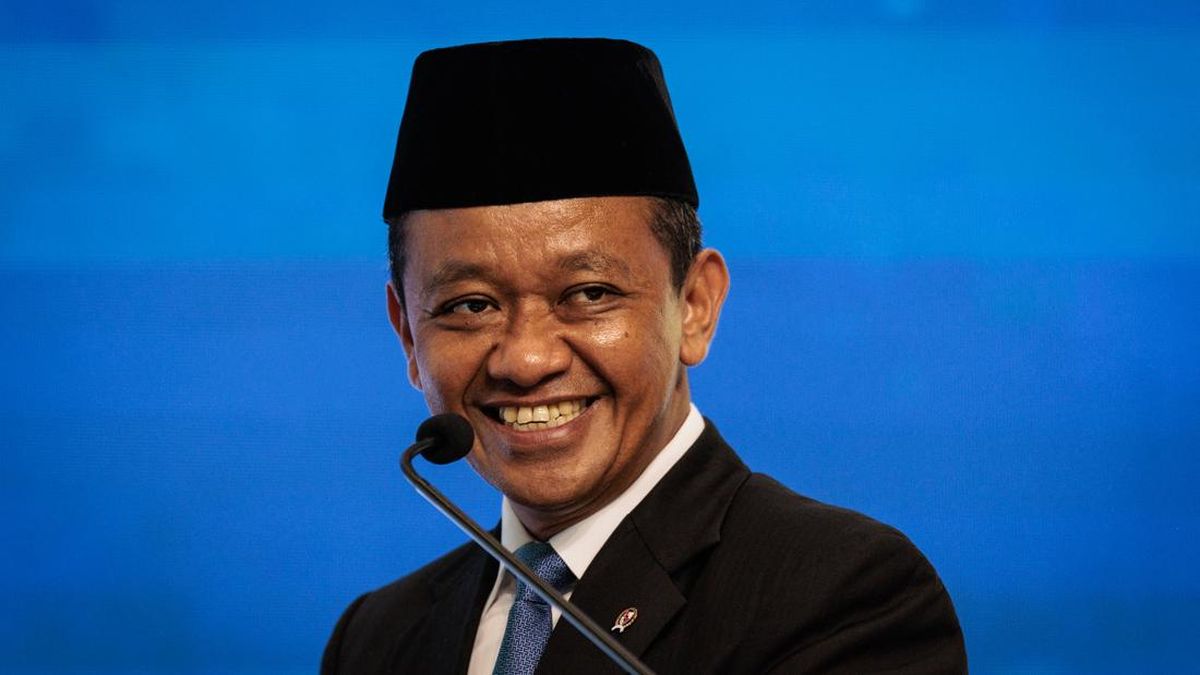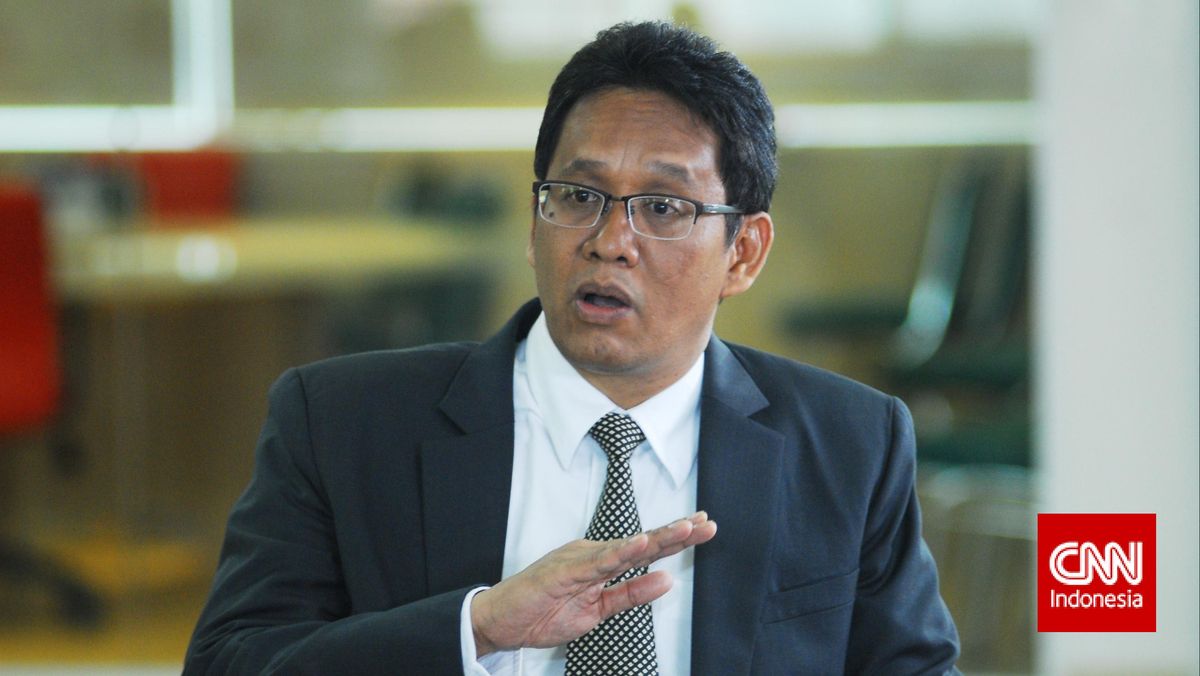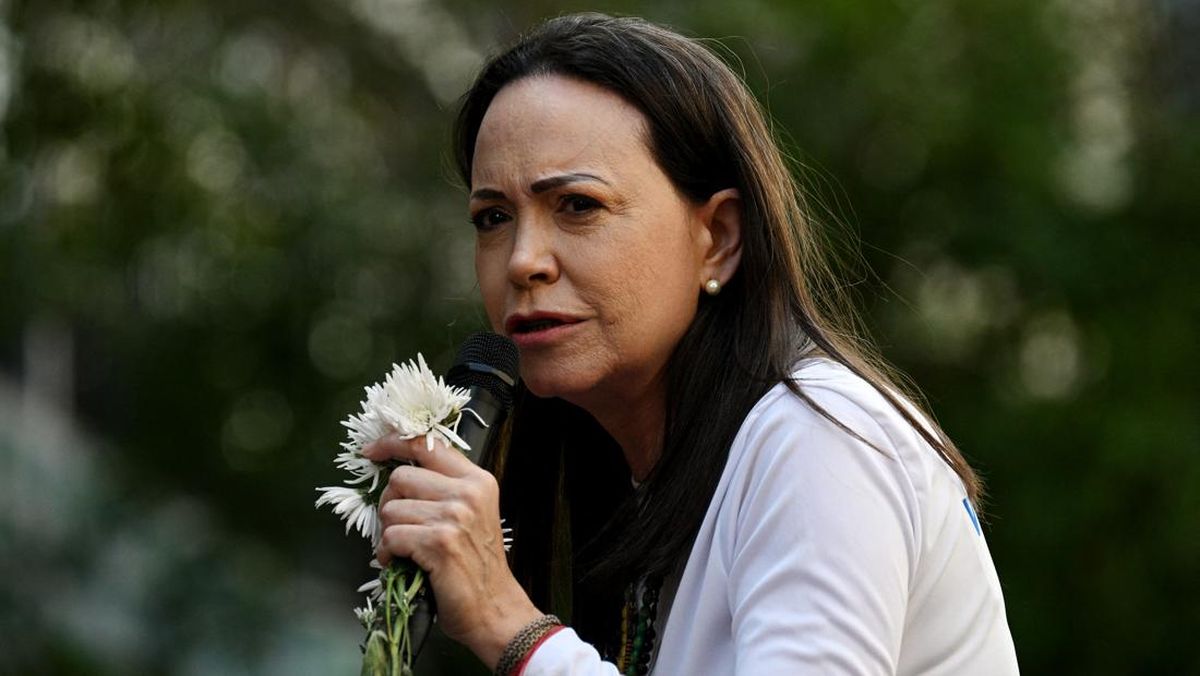By Grace Bacon
September 17, 2025 — 5.01am
The greatest gift you can give yourself as a woman is financial independence.
As society slowly moves towards gender pay equity it’s important to discuss how, as individual women, we can proactively close the gender retirement gap. Research from super fund Colonial First State found that women are more likely to report never having made plans for their financial future.

Taking time out of the workforce to have children can lead to many women having far lower super balances than their partners.Credit: Candice Epthorp
The average age women say they begin planning for retirement is 53, whereas men make an earlier start at age 48. In the same vein, one in three Australian women (compared to only one in five men) have never seen a financial adviser.
Helping women create solid financial futures is something I’m passionate about. Women go through more life changes than men and can face more complexity in their working and ageing lives, and this requires solid planning to stay on track financially.
On average, women are earning 21.1 per cent or $26,393 per year less than men due to the higher portion of women working part-time or in sectors that have lower wages. Just as their careers are kick-starting, many women take time out of the fulltime workforce to have a family.
Loading
A percentage of these may work part-time for a decade until the kids are at school – some may never return to full-time employment. What does this mean for their wealth creation potential? Then there’s perimenopause and menopause and the health issues that come in midlife that can also impact finances.
Divorce, relationship breakdown and domestic violence can lead to financial difficulties and potentially homelessness. Women over 55 were the fastest growing group to experience homelessness, according to the 2016 Australian census and by the 2021 census had a homelessness rate of 19 people per 10,000.
All these factors contribute to a gender gap in retirement savings. The Association of Superannuation Funds Australia data shows the median balance for women is about 25 per cent lower than for men.
Feathering your superannuation nest
There are strategies within and outside of superannuation women can use to help close this retirement savings gap and boost their long-term financial security.
Not everyone can afford to deposit big lump sums into super, but it’s clear that when you accumulate extra contributions – even small ones – they do add up. It’s the power of compound returns.
Even $10 a week compounds into something meaningful over time.
Whether you are in full employment, part-time or taking time off work, continuing to make personal contributions to super it can make a big difference to the amount you have for retirement.
Given tax cuts and the wage increases in female-dominated sectors recently, if it’s possible, put some money towards securing your financial future. With that in mind, here are some ways to boost your retirement income:
Super guarantee. Firstly, make sure your employer is paying you what you’re owed. The superannuation guarantee increased to 12 per cent from July 1, 2025, so check your payslip and ensure you are being paid at the correct rate.

The average woman still typically retires with a quarter less super than her male counterpart.Credit: AFR
Pay day super from July 1, 2026. Super contribution payments will be paid into employee super funds at the same time when wages are paid, instead of quarterly. This means funds will be invested and working for employees almost immediately.
Spouse contributions. If you are a couple, your spouse can contribute to your superannuation fund if your income is below $40,000. They can contribute up to $3000 per year to your super fund and be eligible for a tax offset of up to $540 per year.
This can be a particularly useful way to top up your super if you have taken time out of the workforce for any reason, earn a lower salary or work part-time or casual hours.
Unused contribution caps. If you have not used up your personal contribution limit of $30,000 a year, you can utilise the previous rolling five-year limit and make additional contributions to super if your superannuation fund balance is under $500,000.
Downsizer contribution. If you are 55 or older and have sold your home that you have owned for more than 10 years, you can make a contribution to super of up to $300,000 per person.
After-tax personal super contributions. From July 1, 2025 this was increased to $120,000, or $360,000 over three years.
Paid parental leave changes. Government-funded Paid Parental Leave (PPL) is now available for eligible parents, who will receive an additional 12 per cent of their PPL as a contribution to their superannuation fund. Families have access to 24 weeks of PPL, increasing to 26 weeks from July 2026.
Taking time out of paid work to care for children is a normal part of working life for parents. Paying superannuation on government PPL helps normalise parental leave as a workplace entitlement, like annual and sick leave, and reduces the impact of parental leave on retirement incomes (especially for women).
Loading
This is a positive move to help close the gender retirement savings gap and ensure women do not suffer financially from any “motherhood penalty”.
Invest in yourself
Having a savings discipline can build wealth outside of superannuation, boosting your retirement income. A good financial planner can help you consider your short and long-term goals.
Try to have a diversified portfolio to minimise risk. Generally, the longer the timeframe you have to invest, the lower the risk or volatility of your investments.
Consider building savings early – whether outside or inside of super, establishing a savings plan means you are getting the benefits of compounding interest and ensuring you have a nest egg for retirement.
Having a savings plan outside of super ensures you have flexibility to access funds in case you need capital for other objectives. Then, as you near retirement, consider moving funds into super.
Creating wealth is about knowledge and discipline. Even $10 a week compounds into something meaningful over time. What simple steps can you take to get better control of your financial future?
Grace Bacon is the Director of RSM Financial Services Australia (AFSL 238 282), advising clients on wealth management, retirement planning and succession planning.
- Advice given in this article is general in nature and not intended to influence readers’ decisions about investing or financial products. They should always seek their own professional advice that takes into account their own personal circumstances before making any financial decisions.
Expert tips on how to save, invest and make the most of your money delivered to your inbox every Sunday. Sign up for our Real Money newsletter.
Most Viewed in Money
Loading


















































